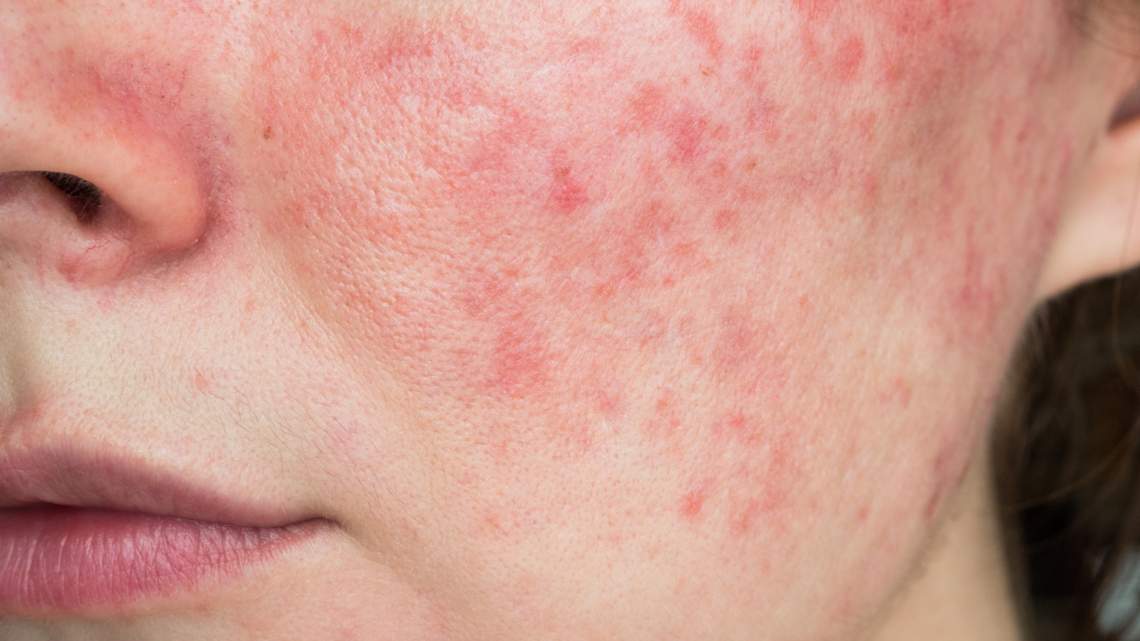
Stress and its Impact on Our Skin
If you’ve noticed recent acne breakouts or other abnormalities with the skin on your face (such as increased redness, psoriasis or eczema) that you don’t normally experience, there is a strong possibility that those breakouts could actually be caused by stress. This is because when you are stressed, two specific hormones known as cortisol and adrenaline increase, causing inflammation as well as contributing to the aggravation of many of the aforementioned skin conditions – in addition to decreased elasticity of the skin and an increase in lines and wrinkles. In general, stress can wreak havoc on the body, but there are certain things you can do to find relief and get your skin back to looking healthy.
First and foremost, know your triggers and make the necessary changes. If you’re stressed out by work, sometimes speaking with a co-worker or your boss can be helpful. If school is stressing you out, such as having to meet project deadlines or writing exams, find ways to reduce your stress level by setting aside some time for yourself each day as well as focusing on the bigger picture. Finding calm in your day is an important aspect of relieving stress.
Sleep is another important factor. We need at least seven to eight hours of sleep each night for not only healthy skin, but an improved overall wellbeing. Getting the required amount of sleep helps to reset stress hormones, as well as repairs your skin’s complexion. In addition, the more sleep you get, the more rejuvenated you will be feeling the next day. If sleep if something that you have difficulty with on a daily basis, you could potentially suffer from insomnia, which is a chronic sleep condition. In many cases, insomnia can be treated through the practice of different relaxation techniques, but in other cases patients may need to be prescribed medication to aid their sleep. If you find yourself tossing and turning at night on more occasions than not, it would be a good idea to discuss this with your physician to find the best course of treatment for you.
Exercise is another great way to reduce stress and improve the skin. This is because when you work-out, you’re increasing blood flow and carrying oxygen and nutrients to the cells in your body, including your skin, therefore nourishing them and keeping them vital. On the flip side, exercise, especially if vigorous, can also potentially trigger different skin conditions such as rosacea, so you may need to keep your fitness level at a lower impact. If you’re going to be exercising outdoors, also be aware that the sunshine can be harmful to the skin and increase your risk of melanoma, so always make sure you are keeping your skin protected with an SPF as well as by wearing a hat.
Because stress isn’t something that can always be avoided entirely, it’s also important that you ensure you’re always taking good care of your skin and not neglecting it. A daily skincare routine should consist of cleansing and moisturizing the skin, as well as exfoliation. If you’re still having issues with your skin (i.e. regular breakouts, frequent redness) then you may need to see a skin care specialist known as a dermatologist, as some skin conditions require medication. Similarly, if you are experiencing high levels of stress, medication, in low doses, may also be needed to help calm the mind.

